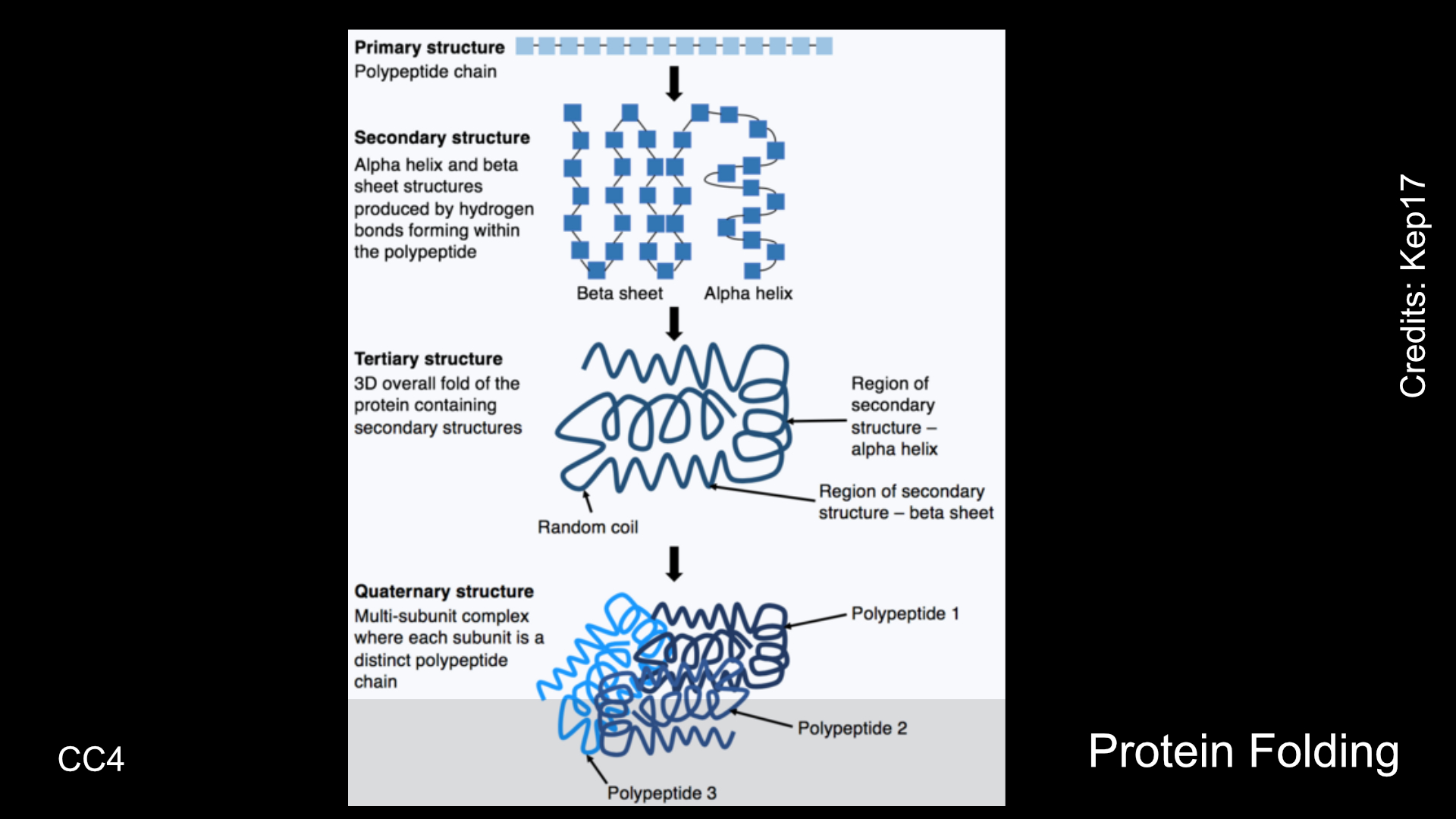The Nobel Prize in Chemistry has been awarded to a team of scientists for their innovative work in artificial intelligence and biology, specifically in predicting protein structures. Sir Demis Hassabis, Dr. John Jumper, and Dr. David Baker have been recognized for their creation of AlphaFold, an AI model capable of predicting the structure of millions of proteins with remarkable accuracy.
- AlphaFold is an AI model that predicts the structure of millions of proteins, significantly accelerating research that once took months or years to complete.
- The technology has transformative potential in fields such as drug development, combating diseases, and addressing antibiotic resistance.
- Its applications extend to environmental science, with potential uses such as modeling enzymes that break down plastics.
- The Nobel Prize in Chemistry was awarded to Hassabis, Jumper, and Baker for their contributions to AlphaFold’s development, recognizing the model’s impact on science.
- Ethical concerns have been raised about the misuse of AI in biology, prompting scientists to advocate for responsible AI deployment in sensitive fields.
The announcement of the award highlighted the transformative potential of AlphaFold in fields such as medicine and environmental science. The Royal Swedish Academy of Sciences praised the model for its ability to perform tasks that traditionally took researchers months or even years, now achievable in mere minutes. This leap in efficiency has significant implications for drug development and understanding biological processes. According to a report by Sky News, the model’s capacity to predict protein structures could lead to breakthroughs in combating diseases and addressing antibiotic resistance.
The journey to this scientific milestone was not without its challenges. Sir Demis Hassabis, co-founder of Google DeepMind, humorously recounted the difficulty the Nobel committee faced in notifying him of the award. After several failed attempts, a call to his wife’s Microsoft Teams finally delivered the news. For Dr. Jumper, the realization of the award was equally unexpected; he had resigned himself to a typical day of coding before the life-changing announcement.
The implications of AlphaFold extend beyond academia. Its ability to model protein structures aids in visualizing enzymes that can break down plastics, providing a window into solving pressing environmental issues. However, the power of AI in biological modeling also raises ethical concerns. The potential misuse of such technology, whether in creating bioweapons or enhancing viruses, has prompted scientists like Dr. Baker to advocate for safeguards in AI deployment.
As the scientific community celebrates this achievement, the laureates remain mindful of the broader responsibilities accompanying their success. Sir Demis emphasizes the need for cautious optimism, balancing the pursuit of beneficial applications with an awareness of potential risks. The Nobel Prize in Chemistry awarded to Hassabis, Jumper, and Baker not only acknowledges their scientific contributions but also underscores the importance of ethical considerations in technological advancements.
AlphaFold is an artificial intelligence model developed by a team of scientists, including Sir Demis Hassabis, Dr. John Jumper, and Dr. David Baker, which predicts the 3D structure of proteins with high accuracy. It represents a breakthrough in biology and medicine by solving a long-standing scientific challenge.







Be First to Comment